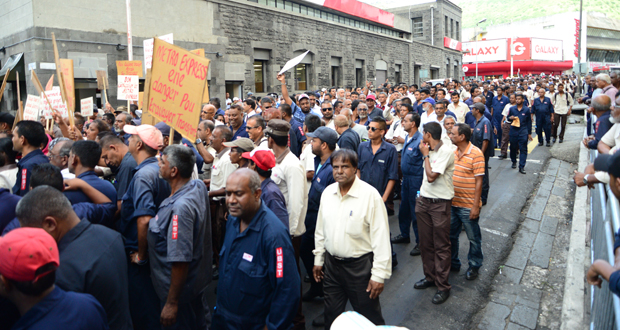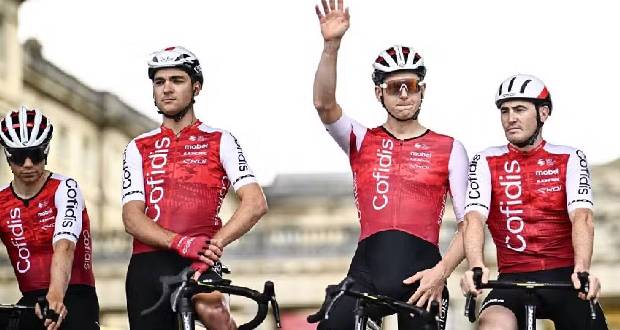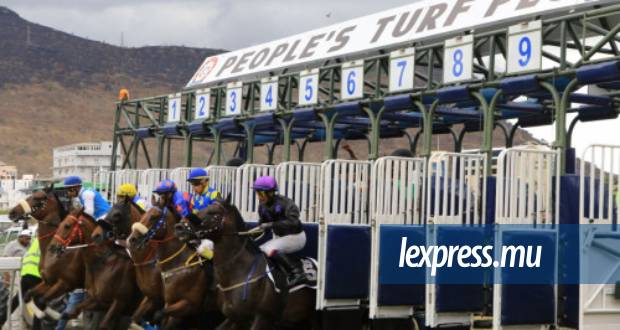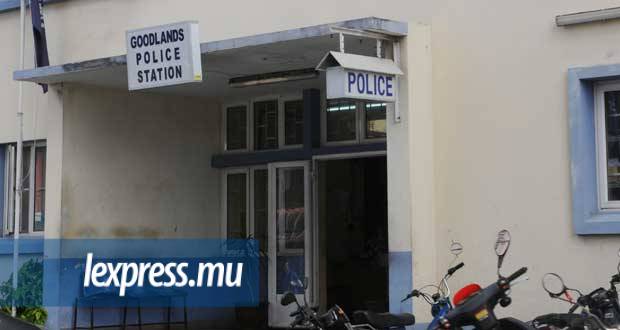Publicité
Are politics and prestige trumping sound finance and credible economics? (PART III)
Par
Partager cet article
Are politics and prestige trumping sound finance and credible economics? (PART III)

Behind the nice speeches regarding Metro Express on the day of its laying of foundation stone hides the subject of monetisation. The author pursues his analysis of the project and its implications in this third part. A last one will be published tomorrow.

in Port-Louis, to voice out their concern about the future of the 7 000 employees of the sector.
Monetisation of economic benefits and costs and impact on internal rate of return?
Transport infrastructure is a public good that serves a number of purposes and produces several benefits over time. Therefore, it is not just the financial returns but also the broader economic, environmental and community benefits that should be considered when evaluating the Metro Express (ME). There are cases where a project produces multiple benefits to society but may not attract sufficient interest from potential investors who have to recover their capital and generate a reasonable rate of return. The ME becomes more than a transport investment and must be viewed in its wider socio economic perspectives.
Some may present the lower project costs and the Rs 9,9 billion grant from India as an improvement in the viability of ME. However, there are five issues that must be acknowledged. First, using the grant for the ME represents a huge opportunity cost as it would crowd out many other key infrastructure projects such as water for 24 hours during the year, as promised, and investment in education, health and the productive sectors of the economy. Especially at a time when there are severe cuts in the capital budget. Better, it could be used for a modern, efficient and affordable bus rapid transit.
Second, even with a lower capital spending from Government, it is not obvious that it will pass the financial viability test. Third, one hopes that costs have been accurately estimated and not shown in an optimistic light only to be raised once the project has started. Fourth, for such a project that spans five years, there could be significant cost overruns due to delays, modifications and unforeseen spending such as new land acquisitions. Fifth, the consultants have made it very clear that the costs are best estimates and they have no control on the cost of labour, materials, the equipment and services.
There is no guarantee that the costs incurred by the constructor and the operator would not be higher. Once selected, the designated concessionaire will have to validate the detailed costings to give us a better idea of both capital and operational expenditures.
The consultants carried out an economic assessment in addition to the financial evaluation to capture the wider benefits of the ME. The four main road user benefits are:
1. Costs savings due to fewer cars on the road as users shift to the ME;
2. A monetisation of the alleged savings in travel time;
3. An assigned value for lower carbon emission ;
4. An estimate for the benefits of reduction in accidents.
They produced a matrix of monetary values for these four savings. The economic benefits imputed is very significant, at 87% of fare box revenue. In other words, if passenger fare revenue is predicted at Rs 100 million, these economic savings are attributed a value of Rs 87 million. Vehicle costs savings and travel time savings account for 90% of these economic benefits, as shown in the table below.

It is only after the above ‘economic benefits’ are monetised that the ME shows a positive economic rate of return and a higher benefit to cost ratio. And the green light given for the ME, even if the net financial present value is highly negative and the above savings are not actual but imputed revenue.
It is plain that the choice of the ME hinges critically on the vehicle cost savings and the travel time savings materialising. Both are highly questionable. As explained earlier, the impact on car ownership and ridership is uncertain as it is unsure whether people who currently use cars to commute to Port-Louis will leave their comfort and flexibility and switch to a public transit with longer travel time and discomfort. If vehicle ownership does not change, the economic benefits shown in the report will be lost. With 19 stations, it is doubtful if there will be significant travel time saved, especially on a door to door basis.
So, 90% of the alleged economic benefits are highly uncertain. The contribution of lower carbon emission and reduced accidents are very marginal. These will also have to be offset against more greenhouse gas emission during the construction period and the use of fossils fuels to generate electricity to propel the ME.
It is unfair to monetise economic benefits and ignore economic costs. The big losers are very likely to be the employees of existing transport companies, the bus operators and taxi owners. What would be the fate of the 7 000 employees of the industry? What is the worth of the undertaking of Government that no employee will be affected by the ME, the more so that they work in the private sector? How will they be redeployed into the new system? What happens to private bus companies that have invested in the provision of transport services over the years and find themselves exposed to a significant reduction of activities and revenues (as high as 40% to 50% in some cases)?
In the absence of dialogue and discussion with key stakeholders, there is an increasing climate of suspicion that these employees are being taken for a ride while bus operators and taxi owners face the daunting prospect of being collateral victims of the ME. There are also costs in terms of residential homes having to give way to the ME on its alignment while public spaces such as local markets, roads and other facilities and amenities will be adversely impacted.
There are social welfare costs too. Almost 35 % of the population does not pay for commuting because of free public transport. Minister Bodha has announced a review of the scheme without giving any indication of what will happen. Will Government transfer the subsidies to the ME, thus causing further financial pain to bus operators? Or will there be a sharing of the subsidy between the two modes? How will fare arbitrage influence traffic flows between the two systems? It is plain that a differential fare structure will significantly impact the revenue generating capacity of the ME or bus operators. We are thus caught in a vicious circle that could impair the finances of the ME. Government must clarify the situation.
The Prime Minister spoke about the output and the employment impact during the construction period. How many of the jobs will accrue to locals and how many will go to foreigners, either for cost competitiveness or for lack of skills in the ME project? Has the Rs 13 billion of national output contribution taken into account that a significant share of inputs, materials, equipment and technology will be imported, with a negative impact on both national income and the external balance?
He also mentioned that the net employment effect of the ME will be positive when it becomes operational. This is highly arguable for two reasons. The ME will employ relatively few people for a technology driven mass transit system. There are also risks of job losses among the 7 000 employees of the industry.
It is thus very unclear whether the Light Rail Transport will generate sufficient economic and environmental benefits to offset its large financial deficit. In such cases, the government will have to dole out public money to cover more than some of the construction costs. Will Government guarantee the operator’s revenue so as to ensure a fair return on investment?
Are politics and prestige trumping sound finance and credible economics? (Part I)
Are politics and prestige trumping sound finance and credible economics? (Part II)
Publicité
Les plus récents






